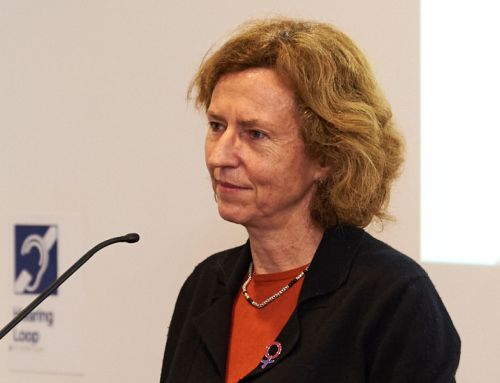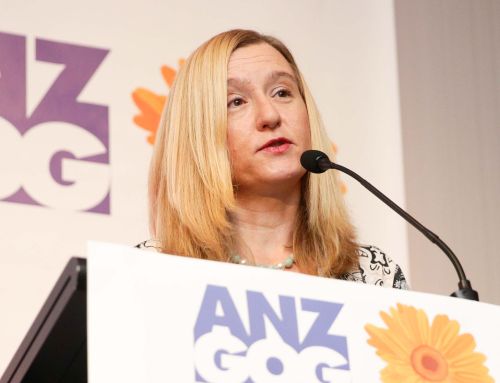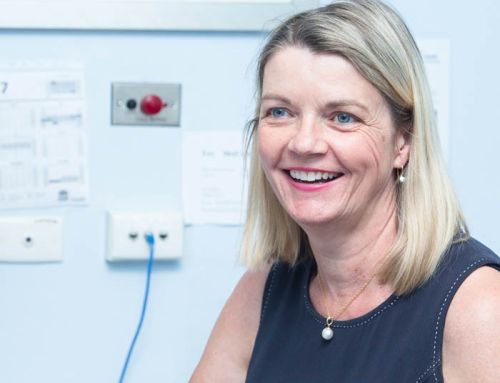A new journal has recently been published by ASCO Journal of Clinical Oncology for TRACEBACK: Testing of Historical Tubo-Ovarian Cancer Patients for Hereditary Risk Genes as a Cancer Prevention Strategy in Family Member.
ANZGOG member and co-author of the publication, Dr Kathryn Alsop, provides an overview of the TRACEBACK study,
“It is now well recognised the key role that germline genetic mutations (pathogenic variants) can play in the inherited cancer risk of individuals – particularly the importance of mutations in BRCA1 and BRCA2 and the risk for ovarian (and breast, among others) cancer. The uptake of genetic testing in Australian ovarian cancer patients is now quite high, in part due to the revised eligibility guidelines (published in 2013) recognising that almost all ovarian cancer patients should be offered subsidised testing, but also because of the important advances in exploiting these genetic susceptibilities in treatment.
In TRACEBACK, we were focussed on identifying ovarian cancer patients, particularly those who were diagnosed before the change in guidelines, who may not have had the opportunity to undergo genetic testing while they were alive. It is estimated a significant number of these women may carry a germline mutation in a cancer risk gene, like BRCA1 or BRCA2, and their family unaware of their inherited risk, or unable to access subsidised genetic testing themselves. This has been recognised by ovarian cancer specialists and researchers as an important area to act with regards to cancer prevention.”
Dr Kathryn Alsop Post-doctoral Researcher at the Peter MacCallum Cancer Centre
The study is part of the PhD of Dr Rachel Delahunty (Medical Oncologist completing her PhD in the Bowtell Lab; ANZGOG member). With an honourable list of contributing authors, including 12 ANZGOG members, it involves the Peter MacCallum (PMCC) Research Division and other clinical and Core Facilities (Molecular Genomics Core, Bioinformatics Core, Molecular Pathology), as well as the Parkville Familial Cancer Centre.
Existing ovarian cancer research cohorts also contributed: The Australian Ovarian Cancer Study (AOCS), the Ovarian Cancer Prognosis and Lifestyle Study (OPAL), and the Australian Cancer Study (ACS).
Ovarian Cancer Australia have been a partner, and the study opened at sites nationwide – including St John of God (WA), King Edward Memorial Hospital (WA), the Royal Hospital for Women/Prince of Wales (NSW) and Monash Medical Centre (VIC) – teams of oncologists, genetic counsellors and research nurses/assistants have been involved from these sites.
The study was funded by the Australian Government under the Public Health and Chronic Disease Grant Program.










